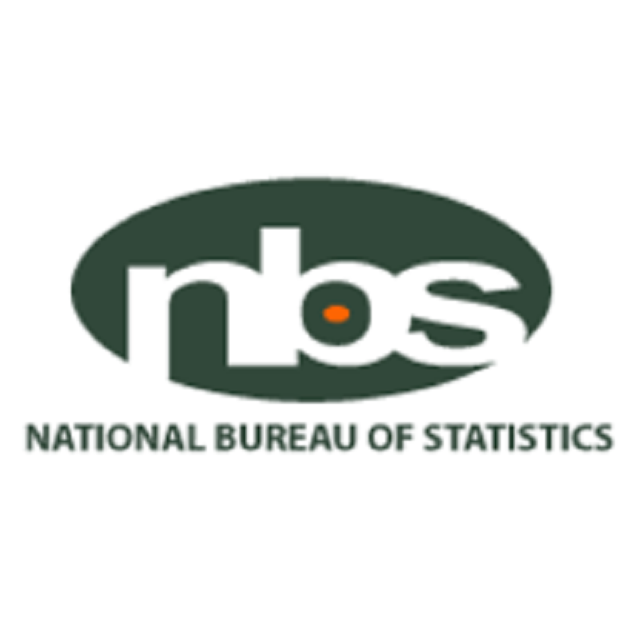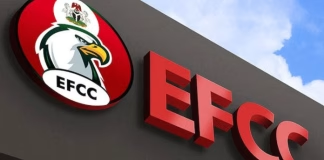According to data from the National Bureau of Statistics (NBS), household final consumption decreased by -12.47 percent in the fourth quarter of 2022 compared to the growth rate of 7.30 percent in the previous quarter.
The new Nigerian Gross Domestic Product Report (Expenditure and Income Approach) for Q3 and Q4 2022 included this revelation.
According to a portion of the report, “Household final consumption increased by -5.83 percent and -12.47 percent, respectively, in real terms in the third and fourth quarters of 2022. These growth rates were, however, less than the respective growth rates for their comparable quarters in 2021, which were 19.36% and 7.30%.
The NBS cited inflation and the nation’s difficult economic conditions as the causes of the poor growth.
“Growth becomes negative in Q2 to Q4 2022 due to rising prices and difficult economic conditions,” the NBS stated. Growth rates in Q3 and Q4 of 2022 were -5.83% and -12.47%, respectively, demonstrating lower rates when compared to the comparable quarters of 2021.
Furthermore, it was revealed that while household consumption increased by 25.65% overall in 2021, it declined to -4.07% in 2022. The statement in the report was, “On an annual basis, 2022 grew by -4.07% compared to 25.65% in 2021.”
The NBS estimates that this consumption, which comprises of expenditures made by resident families on individual consumption goods and services, amounted for 65.17 percent of real GDP at market prices in Q3 of 2022 and 60.25 percent in Q4 of 2022.
The amount of money spent by households for final consumption, such as food, clothing, housing (rent), energy, transportation, durable goods, health expenses, leisure, and other services, is referred to as household spending, according to the Organization for Economic Cooperation and Development.
The consumption expenditure of Nigerians reached N130.08 trillion in 2022 despite the country’s negative growth rate due to growing inflation. When compared to N108.47tn in 2021, this represented an increase of N21.61tn or 16.61%.
The inflation rate in Nigeria increased in April from the 22.04 percent recorded in March for the fourth month in a row this year, maintaining its 17-year high level.
In comparison to March 2023, the headline inflation rate increased by 0.18 percentage points in April 2023. Similar to this, the headline inflation rate was 5.40 percentage points higher year over year than the 16.82 percent rate registered in April 2022.
The NBS revealed that the main industries that increased inflation rates were food and alcoholic drinks, housing, water, electricity, gas and other fuel, apparel and footwear, and housing in its Commodity Price Index report for April 2022.
Gabriel Idahosa, the deputy president of the Lagos Chamber of Commerce and Industry, recently said that the previous administration had failed to control inflation.
He did, however, express optimism that, if the incoming administration implements sound economic policies, the country’s inflation rate may start to decline by the third quarter of the year.
Segun Kuti-George, vice president of the Nigerian Association of Small-Scale Industrialists, attributed the majority of the country’s inflation to excessive imports of foreign goods.














